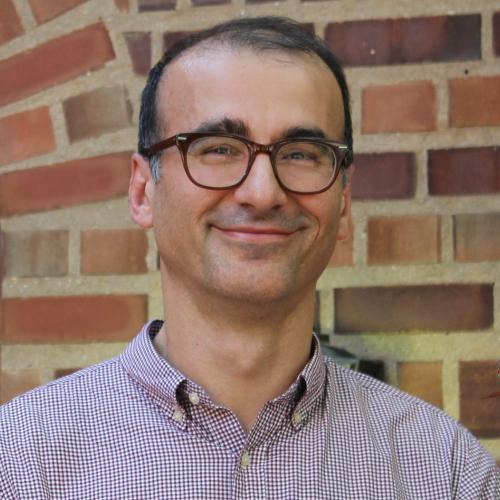Complementary medicine approaches, such as natural products, acupuncture, and meditation, are increasingly used by the public and accepted by the medical community. However, knowledge of the safety and effectiveness of these approaches, as well as their impact on human health, is limited in comparison to conventional medical approaches.
A new project led by Associate Professor Halil Kilicoglu aims to develop informatics resources and scientific literature mining tools to consolidate high-quality evidence on complementary medicine approaches and their mechanisms of biological action. The project, COMBINI (connecting Complementary Medicine and Biological kNowledge to support Integrative Health), is being funded through a five-year, $3,261,972 grant through the National Center for Complementary and Integrative Health (NCCIH) and National Institutes of Health (NIH) Office of the Director. Collaborators include the National Center for Supercomputing Applications (NCSA) at the University of Illinois, the University of Minnesota, and Mayo Clinic in Florida. Illinois will be the primary site for the project, and Kilicoglu, who serves as a faculty affiliate at the NCSA, will be the principal investigator.
"COMBINI will consolidate high-quality evidence on complementary medicine interventions (nutritional, psychological, physiological) in a machine-readable form," explained Kilicoglu. "This knowledge will form the backend for a question-answering application targeting healthcare consumers and medical professionals, and a hypothesis generation/knowledge discovery framework for researchers."
The project also will integrate machine-readable tools and resources for conventional medicine, including those developed by Kilicoglu. For example, it will include data extracted by SemRep, a natural language processing (NLP) tool, from SemMedDB, a knowledge base of semantic associations mined from the biomedical literature in the PubMed bibliographic search engine. The goal is to enable AI-based knowledge management applications and scientific discovery.
"We will revitalize this knowledge base [SemMedDB] by improving its underlying NLP methods and integrate it with the knowledge graph for complementary medicine to get a more holistic view of the evidence in the literature," he said.
Kilicoglu will lead the development of a literature dataset and NLP methods and, with researchers in the NCSA, the construction of the knowledge graph on complementary medicine literature.
"If the project is successful, we can imagine the tools/resources being used in precision medicine. The NCCIH is also starting a new initiative, called Whole Person Health, and we expect our work will be integrated with their tools and resources in the future," said Kilicoglu.
